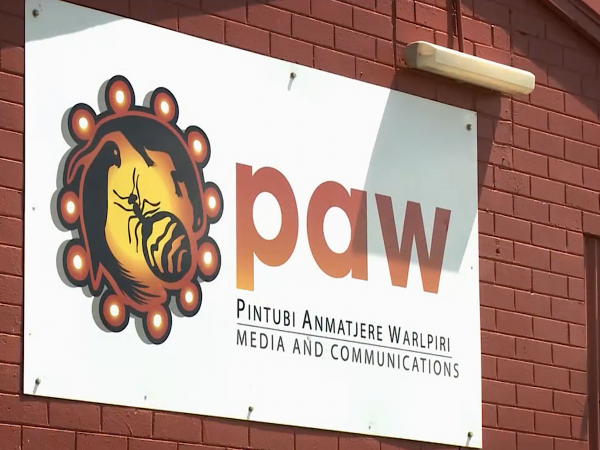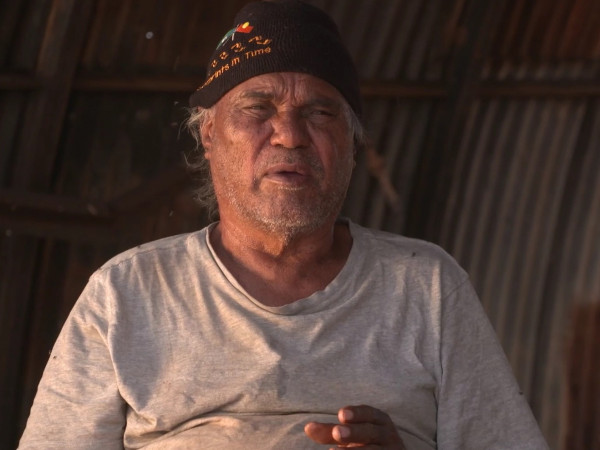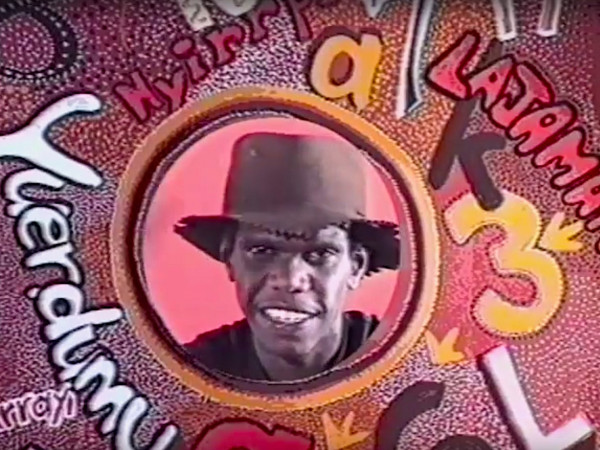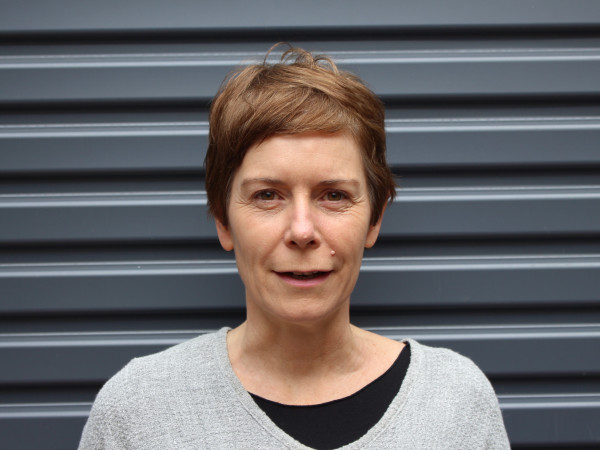Peter Toyne
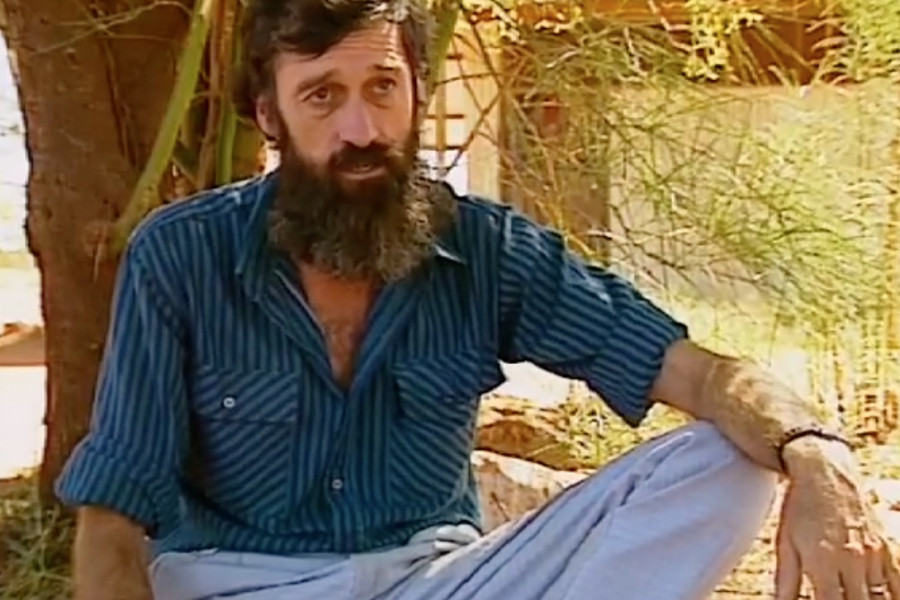
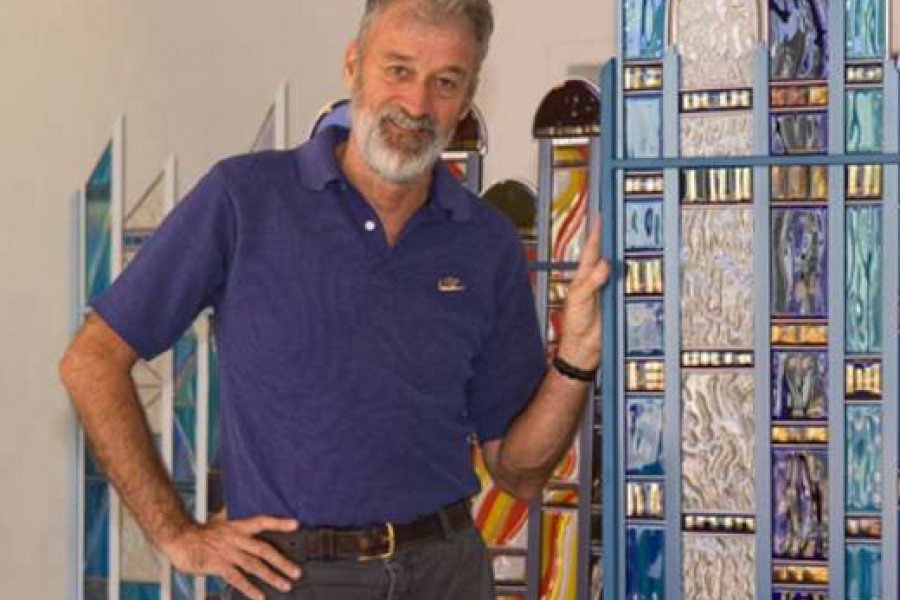
Dr Peter Toyne is a key figure in the Northern Territory’s development. With science and education degrees and experience in the Victorian education system, Dr Toyne moved to the Northern Territory in 1981 to work as an adviser at Utopia community. From 1983 to 1993 he returned to the education system at Yuendumu in Central Australia, where his community development activities played a critical role in establishing an early artists’ co-operative as well as teacher education programs in association with Batchelor College.In 1987 Dr Toyne assumed leadership of all education programs at Yuendumu, and his reforms included a strong process of Aboriginalisation, resulting in five Aboriginal teachers joining the staff, annual school camps in traditional country, and bilingual teaching programs.[More…]
His remote area experience inspired his doctoral research on relationships between Warlpiri and non-Aboriginal people, resulting in his 2000 PhD from La Trobe University. In the 1990s, Dr Toyne established a video network linking seven centres in the Northern Territory, including four remote Western Desert Aboriginal communities, a landmark information communication technology initiative in Australia and globally.
Dr Toyne’s political career commenced as a Labor member of the Territory’s Legislative Assembly in 1996. As Shadow Minister for Education and Training, Aboriginal Affairs, Advanced Technology and Primary Industry he developed policies on education, Aboriginal affairs, Telecommunications, crime prevention, and youth affairs. These policies were taken to the electorate in 2001when the Labor Party won government and subsequently implemented. Dr Toyne held three ministerial portfolios, overseeing reform to Freedom of Information and criminal code legislation and to policy changes on preventable chronic disease, child and maternal health, and Indigenous health.
Since Dr Toyne’s retirement from Parliament in 2006, he has resumed his art career as an exhibited oil painter and is now a nationally recognised glass worker. He is also currently leading advocacy for National Broadband Network resources for remote Australia.
Peter Toyne's interview for the original programme was recorded in Yuendumu.
Right from the start, right from 1986 and ever since, we’ve been saying ‘Well it’s pointless putting a whole lot of shiny equipment in a room, and saying you’ve established community broadcasting. The core of the process is people, and the commitment of the Aboriginal people to the concept and to the activity’.
We get all sorts of funny jobs put out at places like this, but the one job that I would put above all else is in communication, because communication is so much at the core of communities and Aboriginal culture.
If there was a major political meeting that was on an issue that affected all communities, such as the health meeting that we had today, that could also be broadcast right around so that people are not only aware of what’s going on in their own community, but getting a line on what other people are thinking in other communities. I think that would empower people considerably out in the bush.

